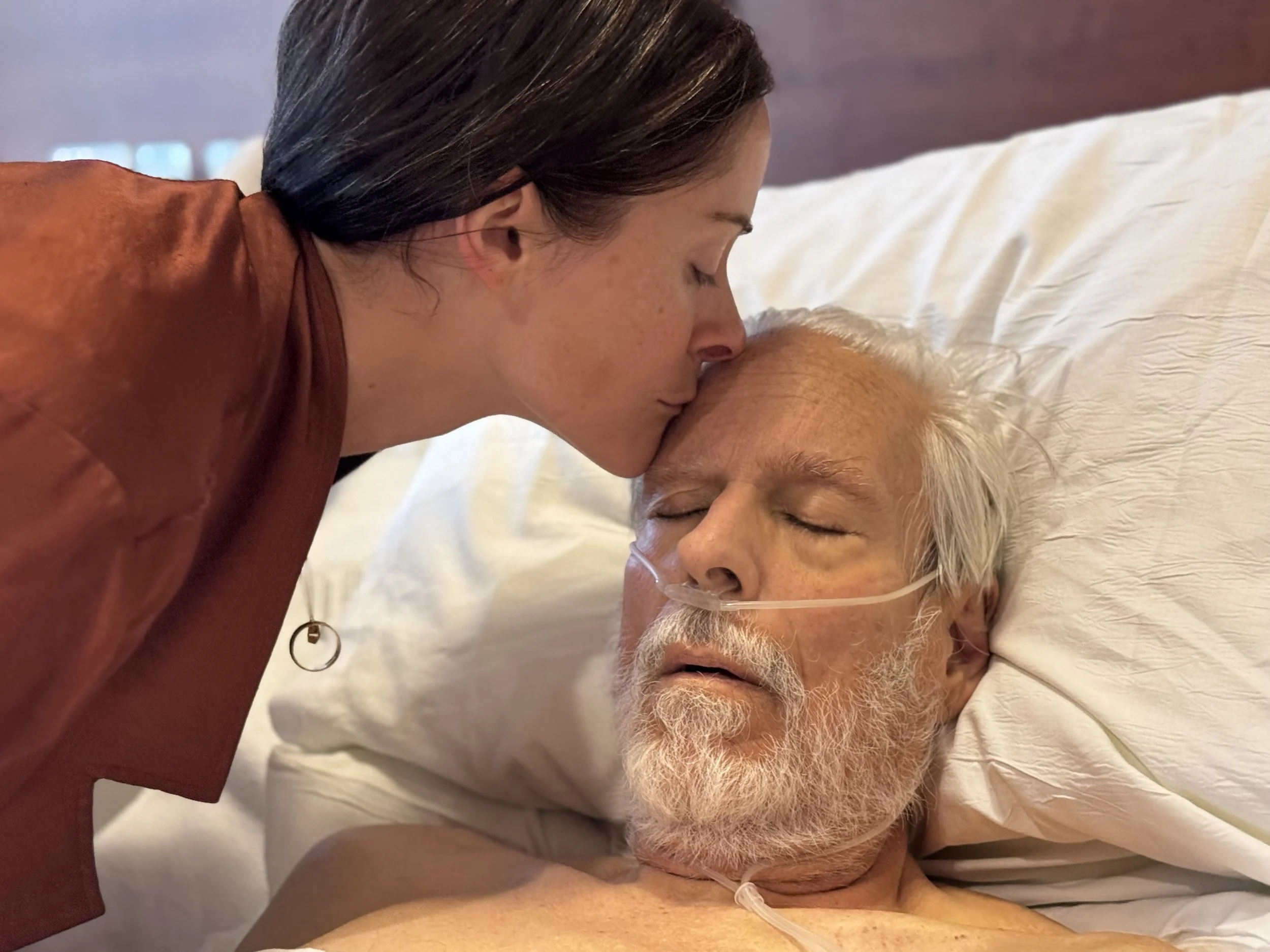
TEACHERS

Teachers was written by Tiffany with the arrangement brought to life by Michael Anderson.
Yellow and red are taking over trees. Only a few hold onto green in their veins. Watching leaves let go teaches me you always fall into another story.
I can see it. I can feel it. Every riven thing, pieces mending. As I breath in. As I begin falling to the ground. I let loose what was bound
When the garden’s dying one bush at a time, God it feels like it’ll never come back to life. All the flowers have some teaching to do. They never hold onto petals; they know there’s another bloom.

“Hey, Tiff! I’ve been listening to your album, and I have some questions. Give me a call.”
This was a familiar voicemail from my father—curious about my life and desiring a conversation. As a pastor, one of his favorite sermons to preach was about Jesus sitting in the temple asking the elders good questions. He raised my brothers and me to use questions as a guide in conversation, and asking good ones became the root system for my life as an artist, a friend, an executive, and a person of faith.
“Won’t people think you are saying God and fortune tellers are the same thing?” he probed, clearly troubled by a few specific lines in the first verse of “The Reason”: I’ve talked to fortune tellers, and I’ve prayed to God. Both had their head in the clouds and took me for all I’ve got.
I smiled—I knew from the moment I wrote this line in a barn in Wisconsin it would lead to this question. Even though my dad knew I preferred keeping the origins of my songs a secret—privacy and mystery are sacred to an artist—he had an insatiable curiosity about my creative process. When I shared early access to Found Love with my parents, I knew they would listen closely. When they came to my album celebration, I knew they were absorbing every detail. When I invited them to accompany this record, I knew it would reveal the holy hollows of my heart to them.
“The fortune teller is in the clouds because they are a wisdom slot machine—claiming to know everything but usually offering nothing,” I shared. “God is in the clouds because God is everywhere. The sky is filled with mystery, wisdom, peace. The fortune teller takes everything and gives nothing back. God takes everything and gives us abundant life. It’s a song about surrender.”
On August 30, 2025, I learned my dad had stage-four pancreatic cancer, and it was killing him, quickly. We barely had time to get to a comprehensive cancer center before he stopped walking. Doctors urgently ran tests, while warning that important family members should start coming to see him. Hours slowed to a crawl as we waited for the ultimate biopsy results and sacred lucid moments. Window shades stayed low, and lights never came to full brightness. Half-full coffee cups scattered around the room served as our sundial—six or more signaled it was the afternoon.
Each time a nurse or doctor came in, they asked him a series of question: Where are you? What month is it? As his answers slowed and became less sure, my mom and I would pipe in with clarifying prompts, “Dad—what city do I live in?” “What’s the month after your birthday?” But the nurses asked us to stop. The only question my dad consistently found the answer to was: Rick, who is in the room with you? He would try to look around and say, “My wonderful wife, Jan, and my daughter—she is a singer.”
For as long as I can remember, my dad called himself my number one fan—sharing my music with colleagues, inviting me to sing at his conferences, even arranging concerts for me across Europe. But I don’t remember him ever introducing me quite like that. It was childlike, innocent. Like a toddler saying, This is my mom. That’s all you really need to know to understand the bond between them.
One hospital executive got a particularly detailed explanation of my life as a singer, instead of talking about his illness, when my dad asked me to explain all my creative ventures. “Tell her about your music?” he prompted. “Tell her about Kintsugi. Tell her about Artistic Leadership.” I tried, through tears and a surgical mask, to explain who I was. The doctor listened kindly. Then my dad said, “Can you play her the dad song?”
The dad song—”Ask Me Again”—was one I’d written twenty years earlier, about him and his hope that I’d be there when he was old and gray. I shook my head. “I don’t think I can do that,” emotions clearly overwhelming me and tears pouring down. He smiled. “That’s okay. What about the tree song”?
My dad loved trees. Wherever we lived, he found a park for prayer walks among big, quiet oaks, maples, and firs. Only once do I remember him taking me to see his “gethsemane,” pointing out his favorite trees along the path. I went back later to photograph them and gave him a triptych of prints that hung in my parents’ bedroom. So, I wasn’t surprised that he loved Teachers—the tree song—with its simple observation of changing seasons, shifting hearts, and similarities between our inner and outer landscapes.
As I released the soft, floating melody into the grieving room, my eyes gripped tight to hold in the tears. Turned out singing was easier than speaking. Over the coming days, whenever I looked in my dad’s eyes and tried to say something, I choked. But when I sang, I could channel the pain, love, strength into my breath. Like the shock, sadness, and stress could move on. Music does that—it lets the soul breathe when words collapse.

My dad passed away on September 9, 2025. Ten days from diagnosis to death. From the moment he heard the CT scan results, my dad accepted what was unfolding. Almost relieved, finally having answers to questions we’d been asking him about why his walking slowed and an explanation for back pain keeping him up at night.
The way time moved during those final days reminds me of a Ginkgo tree in my neighborhood. For a few weeks, I watched its leaves turn the most vibrant shade of yellow. Then one morning, the first frost came, temperatures plummeted, and the glittering gold wings let go. Thousands of tiny cracking sounds filled the air and by the end of the day the ground was covered in a quiet shimmer.
I didn’t have time to ask my dad how he felt about letting go of this life. His verbal concerns were about simpler things: Where is my hairbrush? Can I have some water? Can you help me sit up?
Watching my father pass with the grace of a Ginkgo tree was the most powerful sermon I ever saw him give. Surrounded by people who loved him, people who had been formed by his faith, his final days posited new questions. How can I live like “every riven thing, pieces mending”? What does it mean to die “falling to the ground, letting loose all that’s bound”? Do I trust “there’s another bloom”?
Hey dad, I have a few questions. Wish you could give me a call.

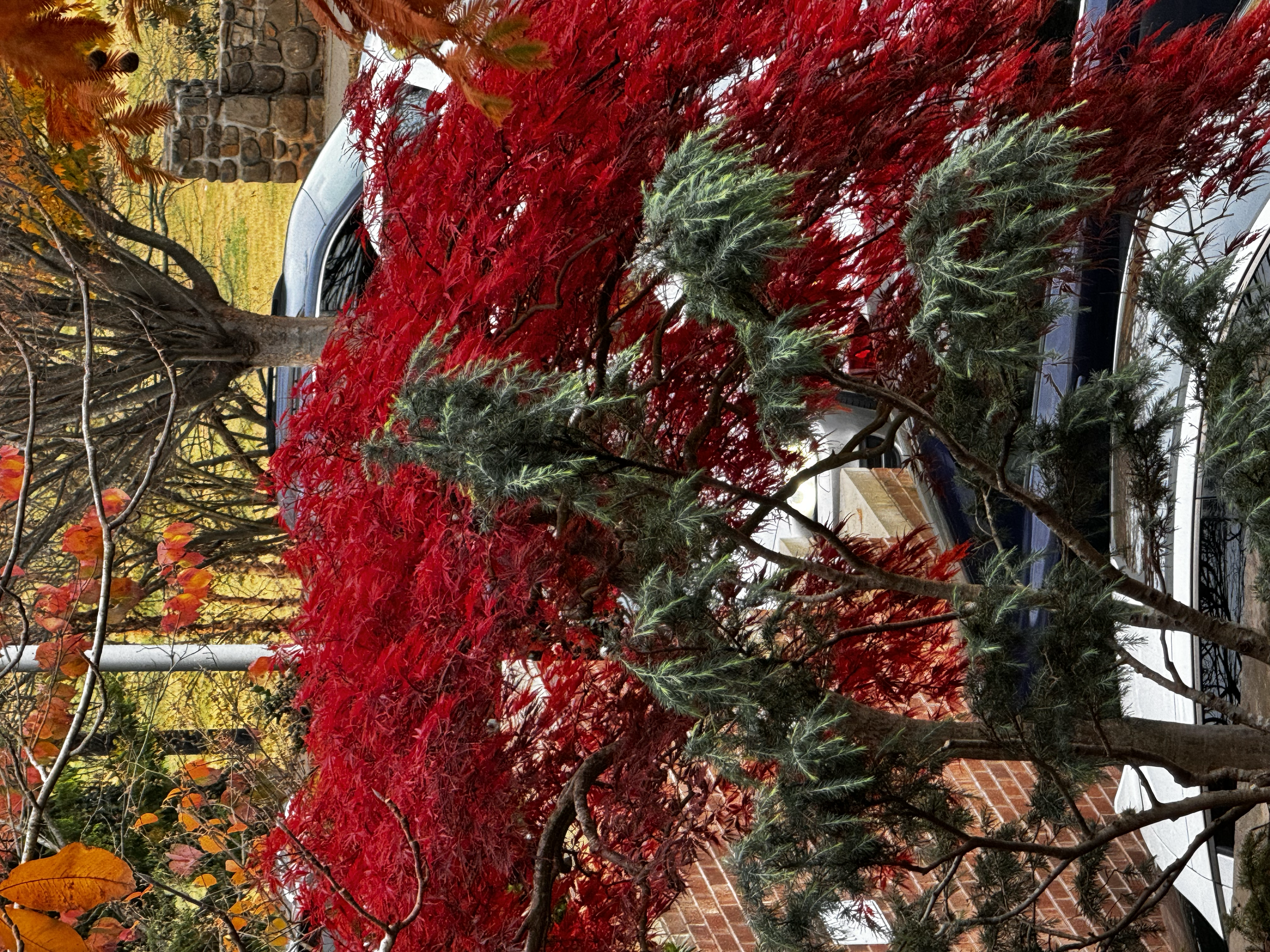

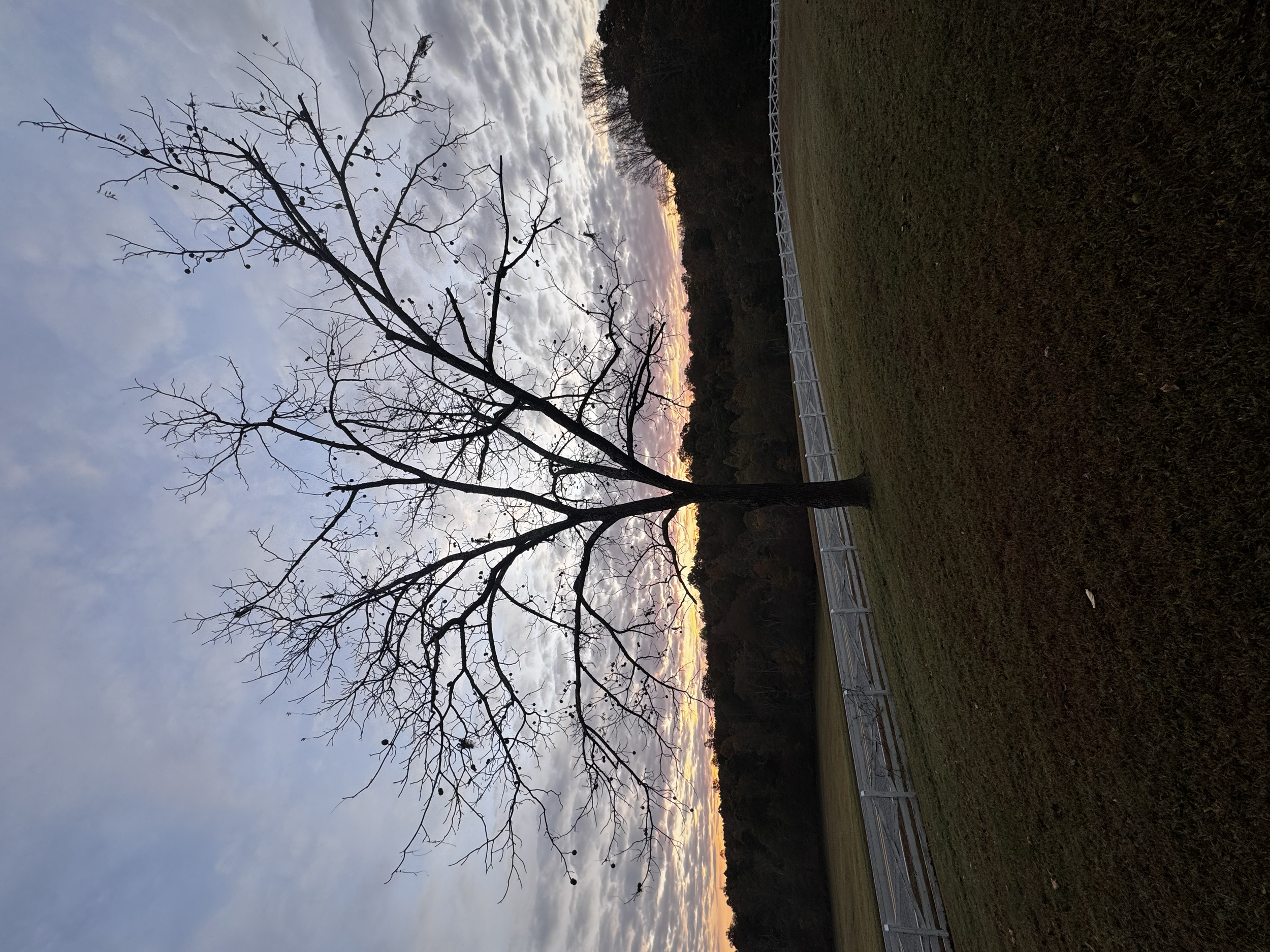
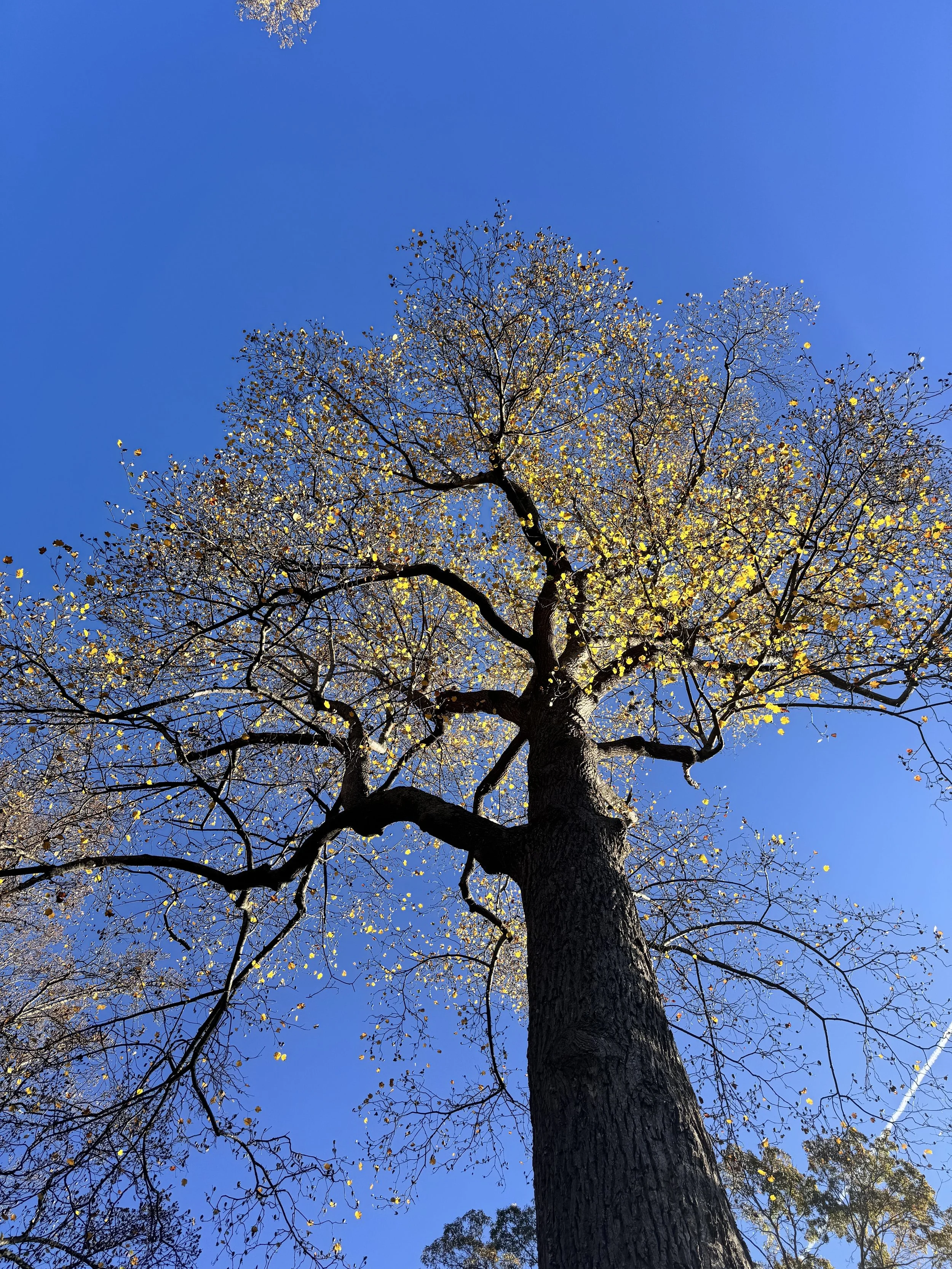





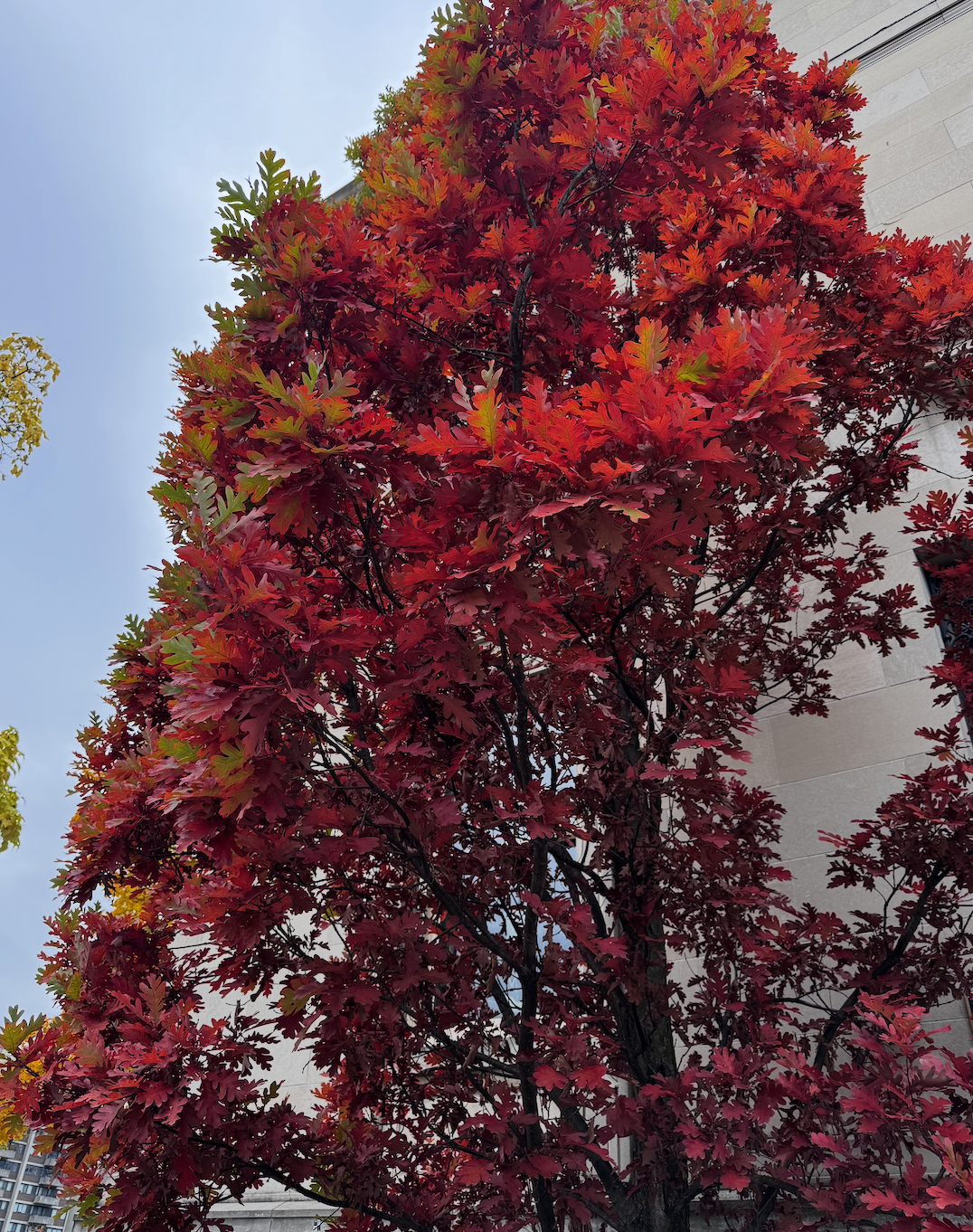
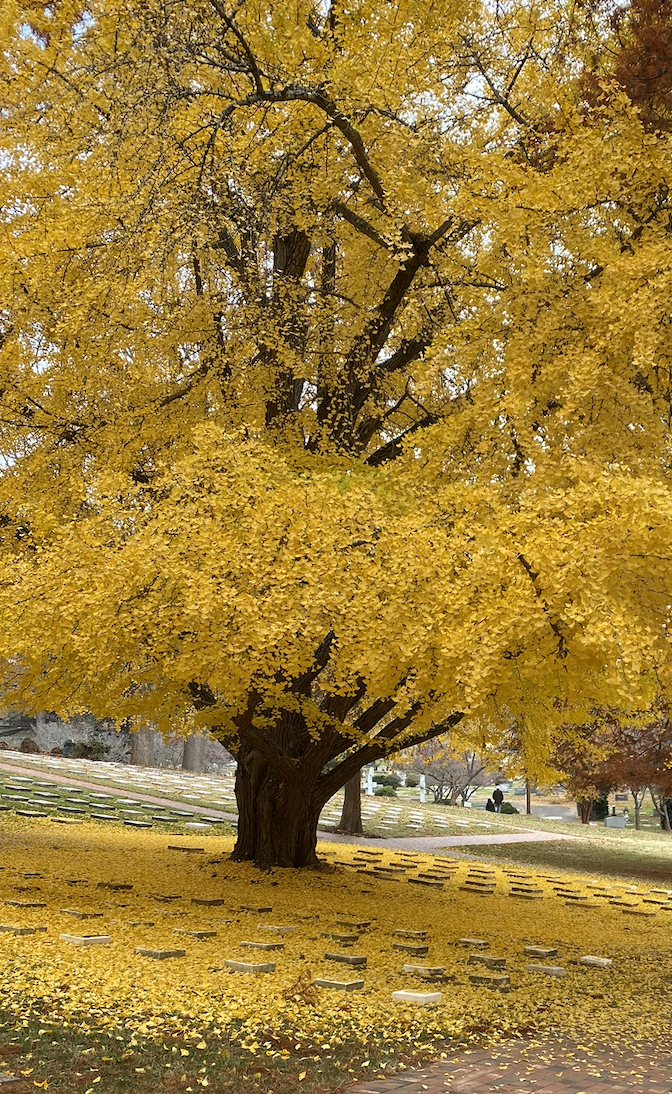
The fact that you made it here shows me you care. That means everything. My dad always said the best conversations start with good questions, thank you for sitting with mine. I hope "Teachers" helps your soul breathe the way singing it helped mine.
Become part of the community: leave your thoughts, questions, songs, or use one of the prompts above to get you started!



